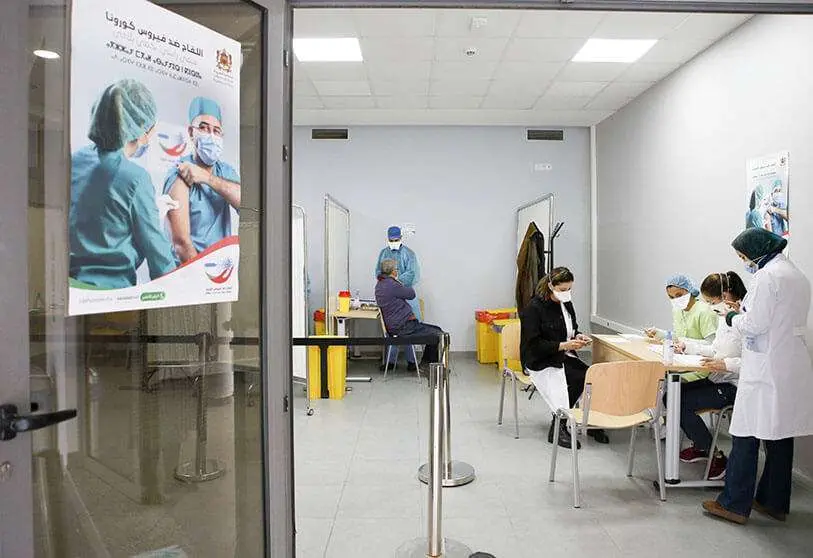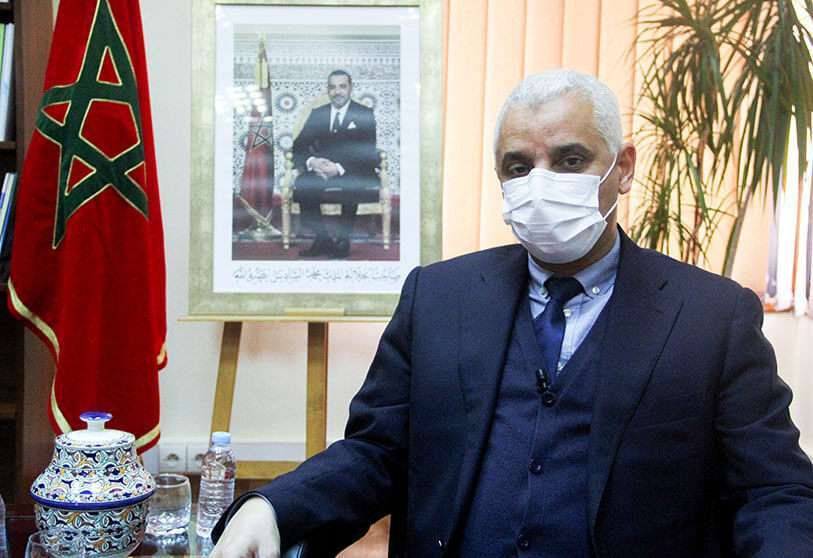Marruecos anuncia una reforma sanitaria y la nueva Carta de Inversiones

Morocco announces a change in its legislation. The Alawi kingdom is to carry out a series of reforms in the health sector. In addition, the Council of Ministers has announced that a new Investment Charter has been approved to improve this area. The news was announced by the Royal Palace, where King Mohammed VI presided over a Council of Ministers that has taken this series of decisions.
In the case of health reform, the Minister of Health and Social Protection, Khalid Ait Taleb, gave a presentation on the draft framework law on the national health system. Taleb confirmed that the Kingdom is ready for the overhaul of its health system and that social protection will eventually be incorporated into Moroccan law.
The reform will be based on four fundamental pillars that will improve the entire health system in Morocco. The first of these will seek to strengthen the governance of the health system in order to promote mechanisms for regulating the actions of interest groups. This will consolidate good hospital management and impose equal planning of healthcare provision. This will be done through the creation of several institutions such as the High Health Authority, a Medicines and Medical Devices Agency and a Blood and Blood Products Agency.

At the central level, territorial health groups will be created to organise and fulfil the functions of the entire territory. They will be responsible for the development and implementation of the national regional programme, as well as for strengthening mechanisms to promote cooperation between the public and private sectors.
The second pledges to develop the human resources of health professionals. With the creation of a law on public health administration, human capital in the public sector will be boosted to reduce staff shortages. It will also reform the training system and seek to provide better quality for Moroccan doctors working in other countries to return to the Kingdom to practise their profession.
The third will facilitate access to healthcare for Moroccans and improve the quality and distribution of hospital services throughout the country. The rehabilitation of all health structures will begin shortly, and a law will be implemented that will make it compulsory to respect the care pathway and a system of accreditation of institutions.
Finally, the entire health system will be digitalised by means of good computer equipment for the aggregation, processing and exploitation of patient and health system information.
The Investment Charter has been communicated by the Minister Delegate in charge of Investment, Convergence and Public Policy Evaluation, Mohcine Jazouli. Morocco will start to become more competitive in this sector and the main objective will be to improve the impact of the industry. The aim is to boost permanent job creation and thus reduce the economic inequalities that exist between provinces where there is investment and those where there is not.
Morocco will direct investments towards innovative and high value-added sectors. This will achieve sustainable development and strengthen the country's international attractiveness in terms of attracting foreign direct investment.
This Investment Charter will be supported by a mechanism dedicated to the search for strategic projects and three smaller ones that will be responsible for promoting the country's SMEs and companies that want to internationalise. In addition, processes will be made digital to facilitate procedures and the participation of the private and banking sectors in investment will be strengthened. 
Morocco has also approved other draft laws for the improvement of the country. One of them deals with the use of firearms by the population. To prevent anyone from using a gun, a national electronic register of firearms will be set up and controls will be imposed on places where firearms are sold.
Another will deal with the control of the export and import of certain items, namely dual-use, civilian, military and related services. The Administration in the Special Commission will be equipped to choose what leaves or enters the country and thus prevent illegal acts.
The last will be to create the post of Military Attaché at the Indian and Turkish Embassies in Morocco.








